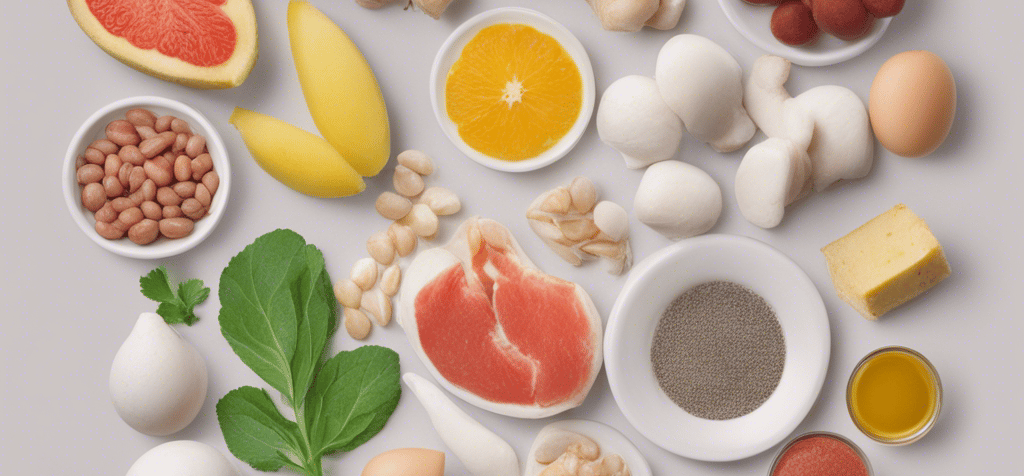Vitamin B12
Understanding Deficiency and Essential Food Sources for Vegetarians
Preeti Sinha
10/25/20232 min read


Vitamin B12, also known as cobalamin, is a vital nutrient that plays a crucial role in various bodily functions, including maintaining a healthy nervous system and producing DNA and red blood cells. Unfortunately, vitamin B12 deficiency is a common concern, particularly for vegetarians and vegans who exclude animal products from their diets. In this blog, we will delve into the importance of vitamin B12, its deficiency, and explore a variety of plant-based sources to help vegetarians meet their B12 needs.
The Importance of Vitamin B12
Vitamin B12 is essential for several critical functions in the body, such as:
1. Nervous System Health: Vitamin B12 is crucial for maintaining the health of nerve cells and supporting the functioning of the nervous system.
2. Red Blood Cell Production: It aids in the production of red blood cells, which carry oxygen throughout the body.
3. DNA Synthesis: Vitamin B12 is essential for DNA synthesis, which is vital for growth and development.
4. Energy Metabolism: It plays a role in converting food into energy, making it important for overall energy levels.
Vitamin B12 Deficiency
Vitamin B12 deficiency can lead to a range of health issues, including anemia, neurological problems, and fatigue. Common symptoms of vitamin B12 deficiency may include:
- Fatigue
- Weakness
- Anemia
- Numbness or tingling in the hands and feet
- Difficulty walking
- Memory problems
- Mood disturbances
It's crucial to address a B12 deficiency promptly, as it can lead to severe and sometimes irreversible nerve damage.
Meeting B12 Needs as a Vegetarian
Vegetarians can find it challenging to get enough vitamin B12 from their diets since this nutrient is primarily found in animal-based foods. However, there are several plant-based sources and fortified products that can help meet B12 requirements:
1. Fortified Foods: Many plant-based foods, such as breakfast cereals, plant-based milk (like almond, soy, or rice milk), and meat substitutes, are fortified with vitamin B12. Check the labels to ensure they contain adequate amounts.
2. Nutritional Yeast: Nutritional yeast is a popular seasoning in vegetarian and vegan diets, and it is often fortified with vitamin B12. It can be sprinkled on various dishes or used to make cheesy sauces.
3. Supplements: Vitamin B12 supplements are an excellent way to ensure you're meeting your daily needs. They come in various forms, including pills, sublingual tablets, and sprays. Be sure to consult a healthcare professional for guidance on the right dosage.
4. Eggs and Dairy: Vegetarians who consume eggs and dairy can obtain vitamin B12 from these sources, although the levels may not be as high as in meat and fish.
5. Fortified Nutritional Drinks: Some nutritional drinks, like fortified smoothies or shakes, contain vitamin B12 and can be a convenient way to supplement your diet.
Conclusion
Vitamin B12 is essential for overall health, and vegetarians need to pay special attention to their B12 intake. While plant-based sources of this nutrient may be limited, incorporating fortified foods and supplements into your diet can help you maintain adequate B12 levels. If you have concerns about your B12 intake, consult with a healthcare professional for personalized guidance on meeting your nutritional needs while adhering to a vegetarian diet. Remember that a well-balanced diet and regular monitoring of your nutrient levels are essential for maintaining your health as a vegetarian.
